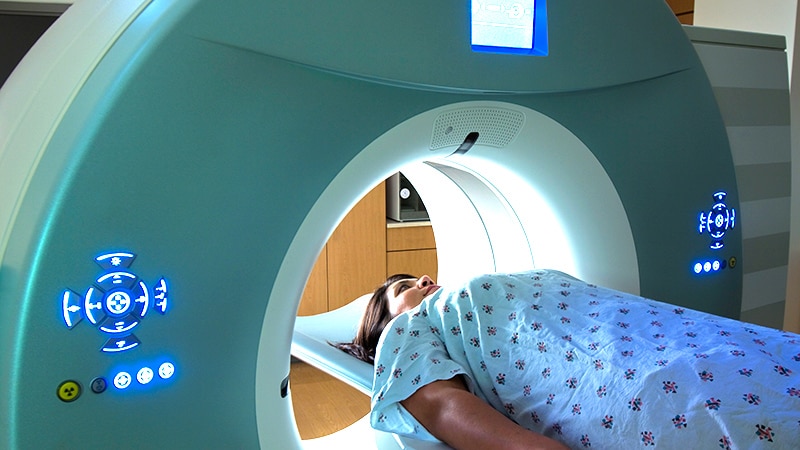Avelumab significantly improves survival in patients with advanced urothelial carcinoma (UC), according to results from a phase 3 clinical trial led by Queen Mary University of London and Barts Cancer Centre. This is the first time an immune therapy has resulted in a survival advantage in this setting in bladder cancer.
The results, presented at the American Society of Clinical Oncology virtual 2020 conference, suggest avelumab is associated with reduced risk of death and extended median survival.
This randomised, phase 3 trial (JAVELIN Bladder 100) evaluated avelumab as maintenance therapy in participants with unresectable locally advanced or metastatic UC without disease progression after four to six cycles of gemcitabine with either cisplatin or carboplatin. Of 700 participants, 350 received maintenance avelumab+best supportive care (BSC) and 350 received BSC alone.
Avelumab+BSC significantly prolonged overall survival (OS) versus BSC alone (HR, 0.69; 95% CI, 0.56-0.86; one-sided P=.0005). Median OS with avelumab+BSC versus BSC alone was 21.4 versus 14.3 months, respectively.
Avelumab+BSC also significantly prolonged OS versus BSC alone in patients with PD-L1+ tumours (HR, 0.56; 95% CI, 0.40-0.79; one-sided P=.0003); median OS was not reached versus 17.1 months, respectively.
The HR for progression-free survival based on blinded independent central review with avelumab+BSC versus BSC alone was 0.62 (95% CI, 0.52-0.75) in all randomised patients and 0.56 (95% CI, 0.43-0.73) in patients with PD-L1+ tumours.
In treated patients in the avelumab+BSC (n=344) versus BSC alone (n=345) arms, all-causality adverse events (AEs) were reported at any grade in 98.0% versus 77.7% and at grade ≥3 in 47.4% versus 25.2%, respectively. The most frequent grade ≥3 AEs were urinary tract infection (4.4% vs 2.6%), anaemia (3.8% vs 2.9%), haematuria (1.7% vs 1.4%), fatigue (1.7% vs 0.6%), and back pain (1.2% vs 2.3%).



